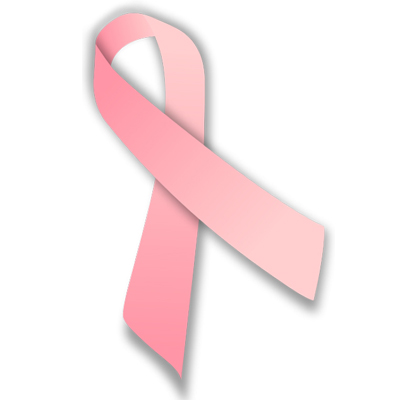August 25, 2022 -- Researchers have discovered the biological markers in triple-negative breast cancer (TNBC) that are associated with resistance to chemotherapy. The study team hails from Baylor College of Medicine, the Broad Institute of MIT and Harvard, and Washington University in St. Louis.
The scientists used microscaled proteogenomics to analyze tumor biopsies taken from TNBC patients prior to treatment with carboplatin and docetaxel combination chemotherapy. Data from standard DNA and RNA sequencing approaches were integrated with mass spectrometry-based proteomics and phosphoproteomic analyses to create complete molecular portraits of treatment-responsive versus treatment-resistant tumors (Cancer Discovery, August 24, 2022).
The analysis revealed metabolic pathways that were associated with resistance to treatment, including fatty acid metabolism. When considering both proteomics and gene expression data together, the researchers learned that sensitivity to chemotherapy was marked by higher DNA repair signatures, interferon gamma signaling, and immune checkpoint components. The discovery suggests a multiomics predictor for chemotherapy response is within reach, according to the study team.
After their discovery, the researchers triangulated treatment response, chromosomal deletion or gain, and concordant decreases or increases in mRNA and protein expression. They found a deletion on chromosome 19, located in the 19q13.31-33 region, was associated with resistance to chemotherapy treatment. Of the hundreds of genes deleted in this location, expression of the DNA ligase gene LIG1 was one of the most consistently suppressed genes at both the mRNA and protein level, they found.
Using model systems and other TNBC datasets, loss of expression and/or deletion of LIG1 was associated with selective carboplatin resistance and poor clinical outcome. It was also associated with poor prognosis in other cancer types, which means the deletion has broader clinical significance.
Next, the study team is working on clinical grade assays to confirm that LIG1 loss can be safely used to direct carboplatin chemotherapy in TNBC.
Copyright © 2022 scienceboard.net








